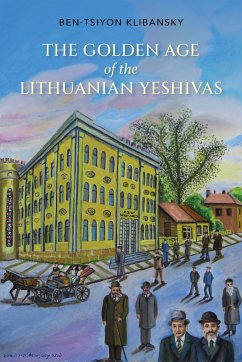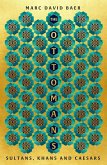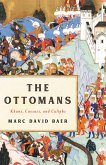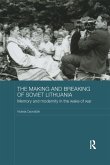"The Golden Age of the Lithuanian Yeshivas tells the story of the final years of Orthodox Jewish schools in Lithuania, from the eve of World War I to the outbreak of World War II. The Lithuanian yeshiva established a rigorous standard for religious education in the early 1800s that persisted for over a century. Although dramatically reduced and forced into exile in Russia and Ukraine during WWI, the yeshivas survived the war, with yeshiva heads and older students forming the nucleus of the institutions. During the economic depression of the 1930s, students struggled for food and their leaders journeyed abroad in search of funding, but their determination and commitment to the yeshiva system continued. The Soviet occupation of Lithuania and the coming of WWII marked the beginning of the end of the Yeshivas, however, and the Holocaust ensured the final destruction of this venerable institution. The Golden Age of the Lithuanian Yeshivas is the first book-length work on the modern history of the Lithuanian yeshivas published in English. Through exhaustive historical research of every yeshiva, Ben-Tsiyon Klibansky brings to light for the first time the stories, lives, and inner workings of this long-lost world"--
Hinweis: Dieser Artikel kann nur an eine deutsche Lieferadresse ausgeliefert werden.
Hinweis: Dieser Artikel kann nur an eine deutsche Lieferadresse ausgeliefert werden.








